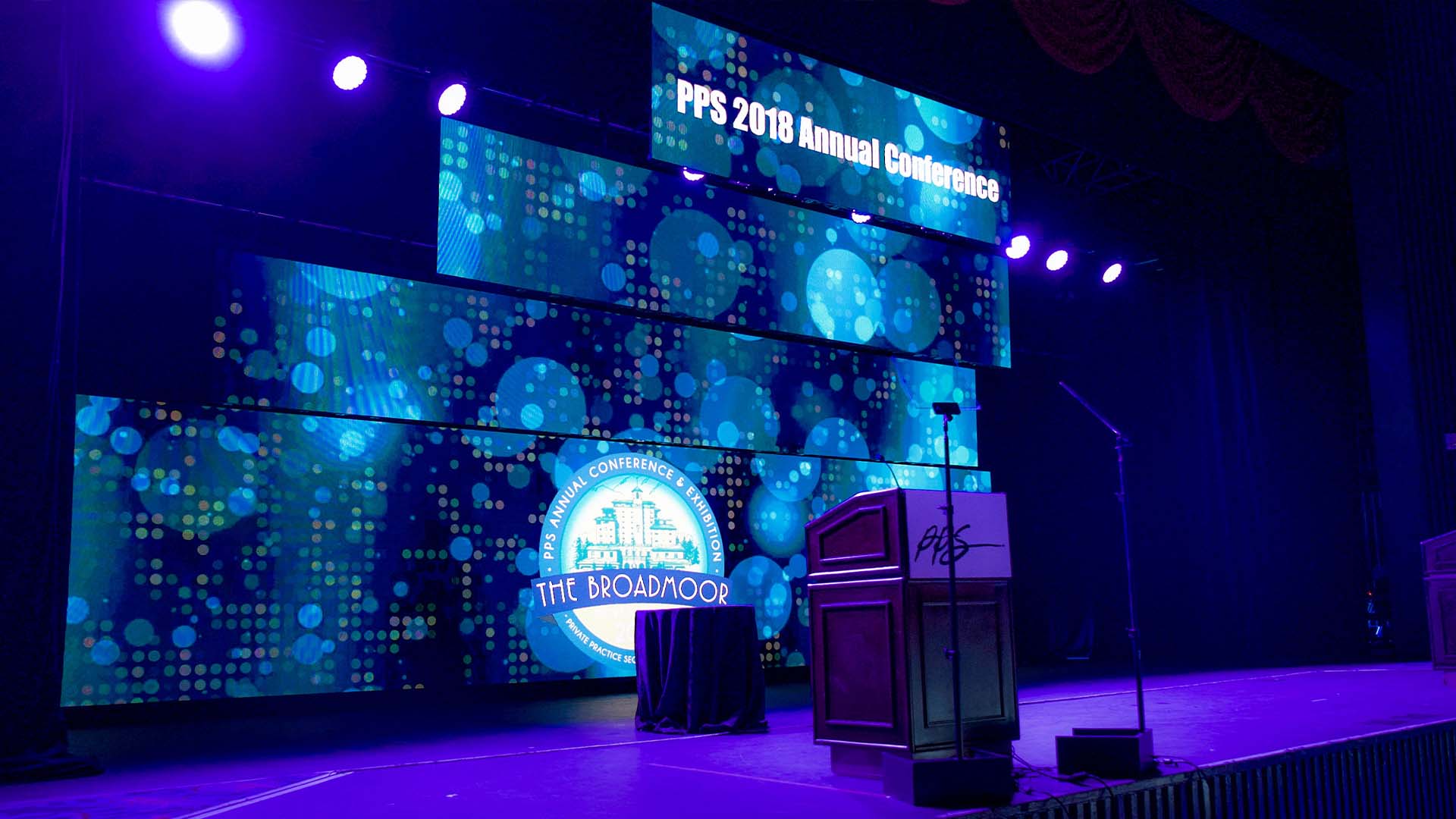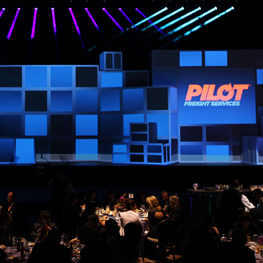Understanding Just How Occasions Manufacturing Works: A Comprehensive Introduction of the Refine
The complexities of occasion production need a methodical technique that incorporates several phases, each playing a critical function in the total success of an event. From the preliminary planning and concept growth to the meticulous sychronisation of logistics, every aspect should straighten seamlessly to accomplish the preferred outcome. Comprehending the subtleties of budgeting, source allotment, and on-site administration is necessary for any kind of specialist in this field. As we check out these elements better, it comes to be obvious that the process is not just concerning execution but likewise about continuous improvement and critical evaluation. What insights can we amass from each phase?
Initial Preparation and Concept Growth
Reliable initial preparation and concept advancement function as the foundation for effective events manufacturing. This stage includes specifying the event's function, target audience, and wanted results. A clear vision is essential; it overviews all succeeding decisions and assists align the team's efforts toward a common objective.
During this stage, conceptualizing sessions can be very useful. Involving stakeholders, including customers, enrollers, and potential participants, fosters a joint environment that generates ingenious concepts. Additionally, extensive market study must be conducted to comprehend patterns, choices, and possible obstacles.
As soon as the idea is established, it is essential to develop a detailed event overview. This synopsis needs to include the occasion's style, layout, and vital activities. Establishing a timeline is equally essential, as it aids to handle deadlines and tasks efficiently.
Budgeting and Source Appropriation
With a solid concept in area, attention needs to turn to budgeting and resource allotment, which are important components in implementing the occasion efficiently. A well-defined budget offers as a roadmap, outlining all anticipated costs and available sources - Event Productions.
Source appropriation entails assigning both human and economic resources to various tasks and parts of the event. Prioritization is vital; essential elements must receive sufficient funding while less crucial facets might need an extra conservative technique. Contingency preparation is crucial-- allocating a part of the budget plan for unforeseen expenditures can alleviate financial risks.
Furthermore, effective interaction amongst team members pertaining to budget constraints cultivates collaboration and advancement. This advertises the accountable use sources and urges innovative remedies to remain within budget plan. Inevitably, a calculated technique to budgeting and resource allotment prepares for a successful event, making it possible for planners to concentrate on supplying a remarkable experience for participants while keeping monetary honesty.
Logistics and Sychronisation
Navigating the intricacies of logistics and coordination is necessary for the smooth implementation of any event. This phase entails meticulous preparation and company to make sure that all parts function in harmony. Crucial element include place option, transportation arrangements, and the scheduling of different activities.
This includes understanding the design, gain access to factors, and readily available sources. Working with these components calls for cooperation with suppliers, suppliers, and transportation solutions to ensure prompt shipments and pickups.
An additional critical element is the advancement of a detailed timeline that outlines all logistical components leading official site up to the event. This timeline acts as a roadmap, outlining essential milestones and deadlines for jobs such as tools configuration, catering services, and audiovisual installments. Routine communication with all stakeholders is vital to resolve any kind of prospective problems proactively.
Execution and On-Site Management
Effective implementation and on-site management are vital for transforming meticulous strategies into truth throughout an event. This phase entails the seamless control of different elements, ensuring that every information straightens with the established vision. On-site managers play a crucial role, acting as the central point of communication among vendors, team, and stakeholders. Their capability to make real-time choices can substantially impact the occasion's success.
A distinct routine is important, working as a roadmap for all activities. Occasion managers must make certain that setup takes place on schedule, sticking to timelines for sound checks, catering distributions, and guest arrivals. Reliable problem-solving skills are likewise essential; unexpected difficulties can emerge, requiring fast reasoning and adaptability to maintain the occasion's flow.
This degree of engagement not only boosts the total experience however likewise reflects the professionalism and reliability of the occasion team. Ultimately, effective implementation and on-site administration hinge on comprehensive preparation, effective communication, and a dedication to supplying an extraordinary event for all involved.

Post-Event Analysis and Feedback
The conclusion of any occasion exists not only in its implementation yet also in the complete evaluation that complies with. Post-event analysis is vital for determining the overall success of the event and recognizing areas for improvement. This process commonly involves event comments from numerous stakeholders, consisting of attendees, vendors, and group members, to acquire a detailed viewpoint on their experiences.
To structure the evaluation, event organizers typically make use of surveys and meetings, focusing on crucial efficiency indications such as participant complete satisfaction, logistical effectiveness, and spending plan adherence. Assessing this data permits planners to assess whether the event fulfilled its purposes and to recognize the toughness and weak points of the implementation.
In addition, assembling a comprehensive record summing up the findings is important for future referral. This documents not just works as a useful source for preparing subsequent events yet additionally fosters a culture of continuous enhancement within here the company. By methodically addressing feedback and executing changes, occasion experts can enhance their strategies, inevitably leading to even more successful and impactful events. To conclude, post-event examination is an essential action in the event manufacturing process that ensures continuous development and excellence in future endeavors.
Verdict

The ins and outs of event manufacturing need a methodical strategy that integrates numerous stages, each playing an essential function in the overall success of an event.With a strong principle in place, interest has to turn to budgeting and resource appropriation, which are vital elements in implementing the event successfully.Resource allotment entails assigning both human and monetary sources to numerous tasks and components of the event. Eventually, a strategic method to budgeting and source allocation lays the groundwork for an effective occasion, making it possible for planners to focus on delivering an unforgettable experience for guests while preserving monetary honesty.
